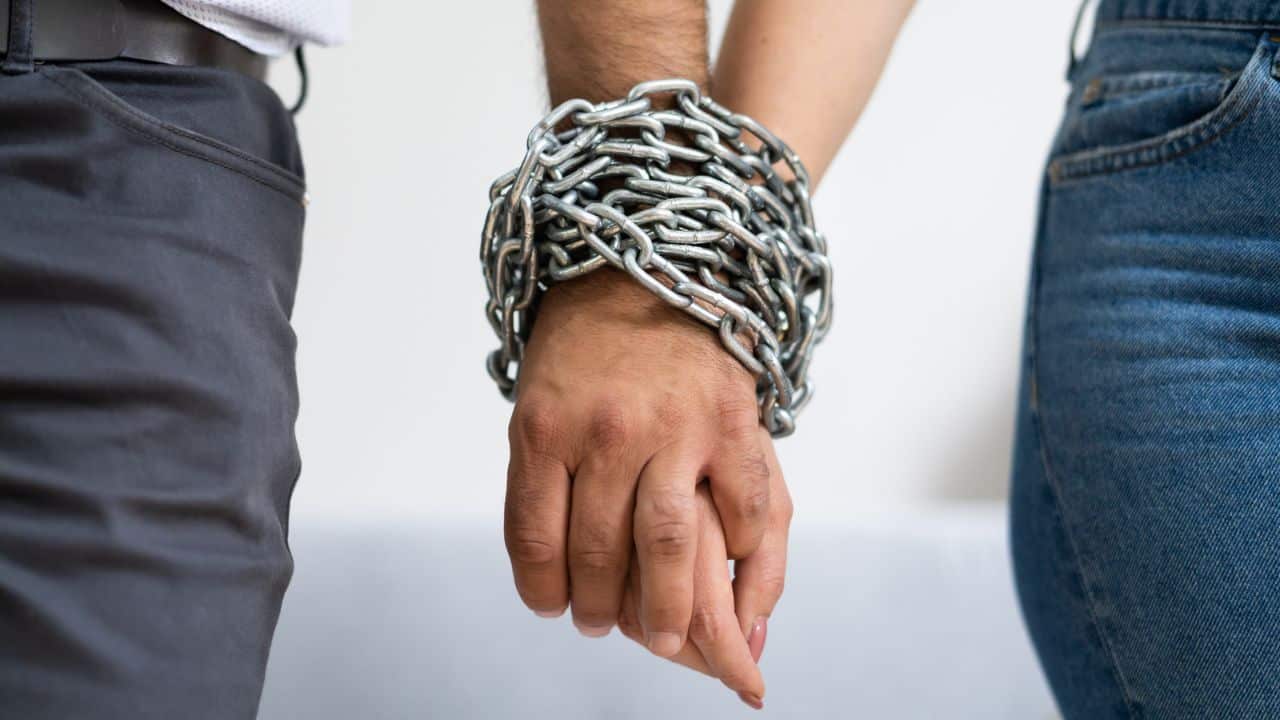It may be tough to determine if you’re in a codependent relationship or find yourself engaging in codependent patterns. The line between a nurturing relationship and codependent one can be fairly thin, considering that a number of different variables are often at play. However, there are some common signs of behavior that can accurately indicate codependent patterns and help you determine if it’s something you’d like to work on.
Examples of Codependent Behavior
- Excessive reliance on others, including emotional reliance
- Investing one’s self-esteem in another’s view of them
- Taking on other’s responsibilities as their own
- Difficulty with boundary setting and separation
- Engaging in relationship that are “enmeshed” or “fused” (meaning the individual loses their identity)
- Investment in the ability to control oneself and others despite serious consequences
- Anxiety and/or depression surrounding lack of control over others
- Enabling of other’s negative or unhealthy behavior in an attempt to protect them
- Feeling a sense of hypervigilance (expressed as “waiting for the other shoe to drop”)
Codependency in Relationships
Codependency can show up in your romantic relationships, friendships, and/or family relationships. Individuals who struggle with codependency often have a partner or family member that suffers with mental illness or addiction due to the fact that codependency is often an adaptive behavior for coping with a loved one who is unwell.
Sometimes these patterns of behavior can be passed on through generations without conscious awareness. Therefore, you may not have a partner or immediate family member with an addiction or mental illness, but the patterns and cycles of behavior have been repeated in your family of origin.
Avoid Negative Self-Judgement
When considering if you identify with this cluster of behaviors, it is important to avoid negative self-judgment. The behaviors often stem from a loving desire to care for others, which is not something to be ashamed of or regret. Despite this, it can cause problems in the form of conflict and affect one’s ability to feel secure and confident.
We want to use this list of behaviors to improve awareness and therefore help you to improve your life. If you identify with any of these behaviors, it can be helpful to speak to a therapist, as the root causes of codependency are very challenging to resolve without support.
Substance Abuse Resources
If the codependency is related to a loved one’s substance use, there are free support groups available to help. Many are offering meetings via virtual platforms during the pandemic. Check out AL-ANON or NAR-ANON for meeting schedules.


